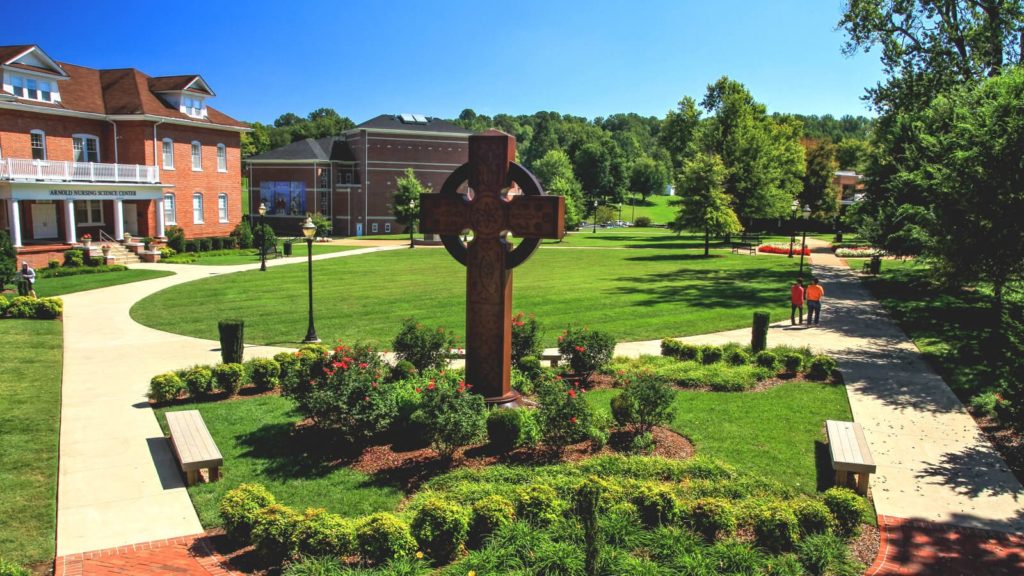The class Race and American Culture will be offered for the first time in the Fall of 2021, with debate team director and associate professor of English and Humanities, Dr. Michael Blouin, leading the way towards a more expanded look at the topic of race and diversity within The United States.
Although the topic of race can be found frequently in the press and amongst day-to-day conversations, Blouin assures that the new course isn’t simply being offered as a means to adapt to the current American climate.
“It’s more of a decision to improve and broaden the conversation,” Blouin said.

The class will be offered every two years on a rotation, with the content being less focused on what people are talking about just today, and more focused on issues of race as a whole.
Students who enroll in the course can anticipate an eclectic syllabus that goes beyond just a study of literature and incorporates the following: observing works written by people on the Texas/Mexico border, looking at graffiti, film/television analysis, and an immersion into culturally significant music and dance.
While these elements help give a small preview to how the class will operate, Blouin says he does not intend to fully finalize the syllabus until he sees who all will be taking the class, in hopes of making it a more interactive experience for students.
“I do this to make the class really tailored to the interests of the students I know are going to be in the class, so I never completely finalize things until I have a sense of who is in the class.”
While Race and American Culture is a way to fulfill an ethnic studies requirement for certain majors, it is also a way for students to open up more dialogues on the topic of race, ethnicity, diversity, and their respective roles in American culture.
Not only is this something Blouin believes is necessary as a whole, but also necessary for the betterment of the Milligan community.
“I think this is generally a good way to invite more people to the table,” he said. “It is extremely important that the Milligan community have these sorts of discussions in a healthy, productive, and humane way.”

